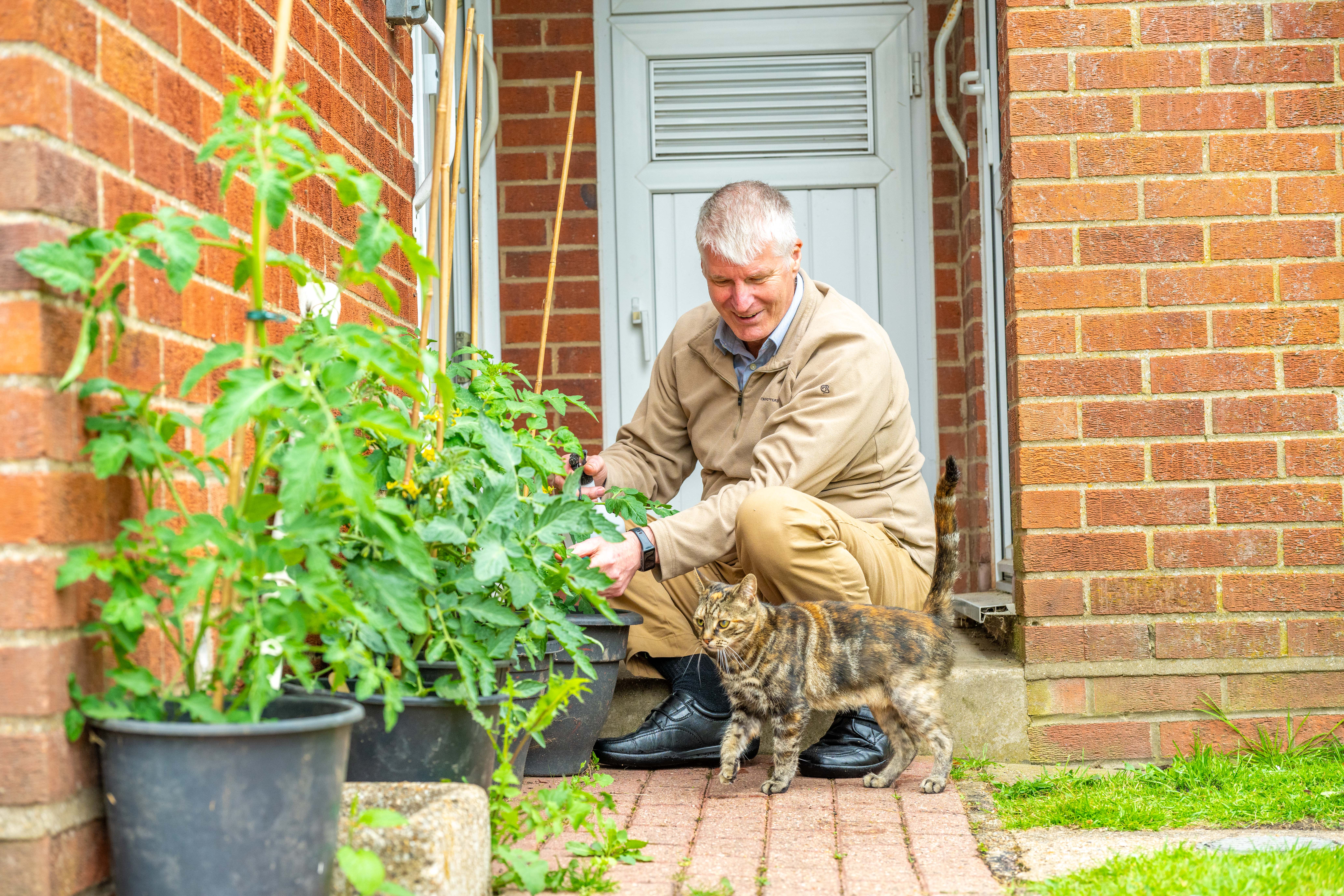18/09/2024
How small changes can have a big impact on water conservation
Water is an essential resource that sustains life, but in regions like East Anglia, it's becoming increasingly scarce. In our communities, it's crucial that we understand the importance of conserving water and take steps to reduce our consumption. By working together, we can make a significant impact on preserving our water supply for future generations. In this post, we’ll explore why water conservation is essential, how we can achieve it, and provide practical tips and tricks to help everyone do their part.
Why does waster conservation in East Anglia matter?
East Anglia is one of the driest areas in the UK, with rainfall levels much lower than the national average. This scarcity poses several challenges:
- The East of England faces projected water shortages of 800 million litres per day by 2050, which is equivalent to a third of the current water use in the region.
- The demand for water is rising due to one of the highest rates of new housing developments in the country.
- Climate change is making existing seasonal patterns of rainfall less dependable, adding further pressures to the region’s already scarce water resources and natural environment.
- Only 8% of rivers and streams in the Water Resources East (WRE) region are in ‘Good’ ecological status. These environmental pressures signify the need to dramatically reduce the rate of abstraction from water bodies at risk of further deterioration.
Understanding these challenges highlights the urgent need for effective water conservation strategies to safeguard our environment and ensure a sustainable future for East Anglia.
How can we conserve water?
Conserving water involves making small changes in our daily routines that collectively make a big difference. Below are some tips to help you make water conservation a part of your daily routine, and be sure to get the whole family involved so that everyone can play their part.
Fix leaks
Even a small drip can waste a significant amount of water over time. Check for and report any leaks in your home, and ensure they’re repaired quickly.
Insulate pipes
Insulating your water pipes reduces the time it takes for hot water to reach your tap, saving both water and energy.
Shorter showers
Aim to keep showers under five minutes, as this change can save litres of water every day.
Turn off taps
Don’t let the water run while brushing your teeth, shaving or washing dishes.
Use appliances wisely
Only run dishwashers and washing machines with a full load as this is much more efficient and reduces water consumption.
Water gardens smartly
Water plants early in the morning or late in the evening to minimise evaporation. Use a watering can instead of a hose for better control, and collect rainwater using water butts or barrels. You can also opt for native or drought-resistant plants that require less water to thrive.
Install water efficient fixtures
Use low-flow shower heads, dual-flush toilets and tap aerators to reduce water usage in your home. You can also install a water meter to help you monitor your usage and identify areas where you can cut back.
How to get started
If you're interested to find out more about saving water at home, a great place to start is on the Anglian Water website. Check out their Water Saving Quiz, where you can learn mind-boggling facts about exactly how much water we all use without even knowing! Plus, the Energy and Sustainability team are always here to help. If you have questions about the water or energy system in your home, get in touch with them directly.
You can also take a look at the below resources for more tips and tricks on how to reduce your water usage at home.


